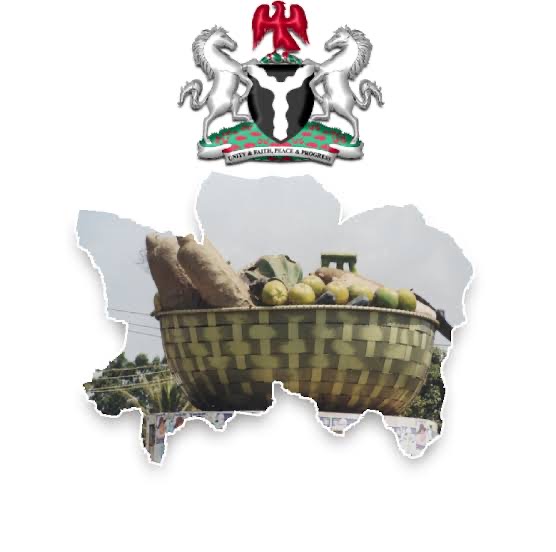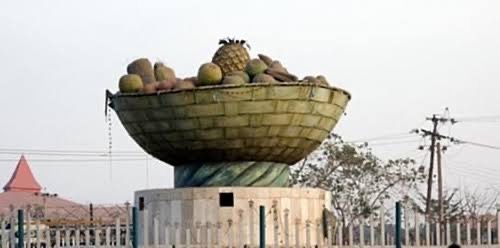Violence in Benue State continues unabated, despite numerous promises from both the government and security agencies to put an end to the long-standing bloodshed. According to reporters, 18 out of the 23 local government areas in the state are experiencing significant security threats from armed attackers, including bandits and herdsmen.
For years, these groups have been carrying out brutal attacks on local communities. These assaults have resulted in the deaths of thousands of innocent people, including children. Many women have been victims of rape, and numerous individuals have been kidnapped for ransom. Some of the violent incidents, particularly those occurring in remote villages, remain underreported and thus go unnoticed by the wider public.
Recent statistics reveal the severity of the situation. Over the past year, unprovoked attacks by these armed groups have led to the deaths of more than 2,650 people. Amnesty International’s Programme Director, Barbara Magaji, reported that approximately 2,600 individuals were killed in Benue within the past year alone.

In recent months, the violence has escalated, with over 50 people killed in the last two months. This violence has forced many residents to flee their homes and seek refuge in Internally Displaced Persons (IDP) camps scattered across the state.
Several notable incidents illustrate the gravity of the situation. On July 4, attackers struck Ayati and Borikyo communities in Ukum Local Government Area, killing at least six people. On June 19, suspected herdsmen carried out a violent assault on Ikpele and Olegomachi villages in Agatu Local Government Area, resulting in the deaths of more than fifteen individuals.
Recently, on July 19, gunmen targeted Mbacher council ward in Katsina-Ala Local Government Area, killing 18 people, kidnapping three others, and destroying property valued at millions of Naira. Additionally, on August 15, 20 students traveling to Enugu State for a conference were abducted in Otukpo but were rescued by security forces on August 23.
Benue State, once renowned for its agricultural productivity, has faced severe disruptions in farming due to ongoing violence. The state, which used to be a major producer of crops like rice, cassava, and yams, has seen a dramatic decline in agricultural activity.

Over 50% of farming communities in Guma, Agatu, and Gwer-West have been displaced, leaving farmers without access to their lands and means of livelihood. Reports indicate that more than 2.5 million displaced individuals are now scattered across 14 IDP camps in five local government areas, exacerbating Nigeria’s broader hunger crisis.
The impact on education has also been severe. At least 55 schools in the state have been either destroyed or closed due to the ongoing violence, leaving hundreds of children without access to education. Governor Hyacinth Alia had promised in April to address these security challenges and restore peace, emphasizing the need for a safe environment conducive to education.
However, despite these assurances, the number of out-of-school children has continued to rise, raising concerns about the effectiveness of his administration’s response.
Critics argue that the current administration is struggling to manage the crisis and accuse Governor Alia of being ineffective in handling the situation. Some fear that if the violence continues to escalate, Benue could become even more dangerous than conflict-ridden regions like Borno State.
The situation remains dire, with calls for immediate action to disarm militant groups and address the security issues plaguing the state. Despite these challenges, the Police Public Relations Officer, DSP Catherine Sewuese, maintains that the security situation is improving, with ongoing efforts by law enforcement to engage with and combat the attackers.



































